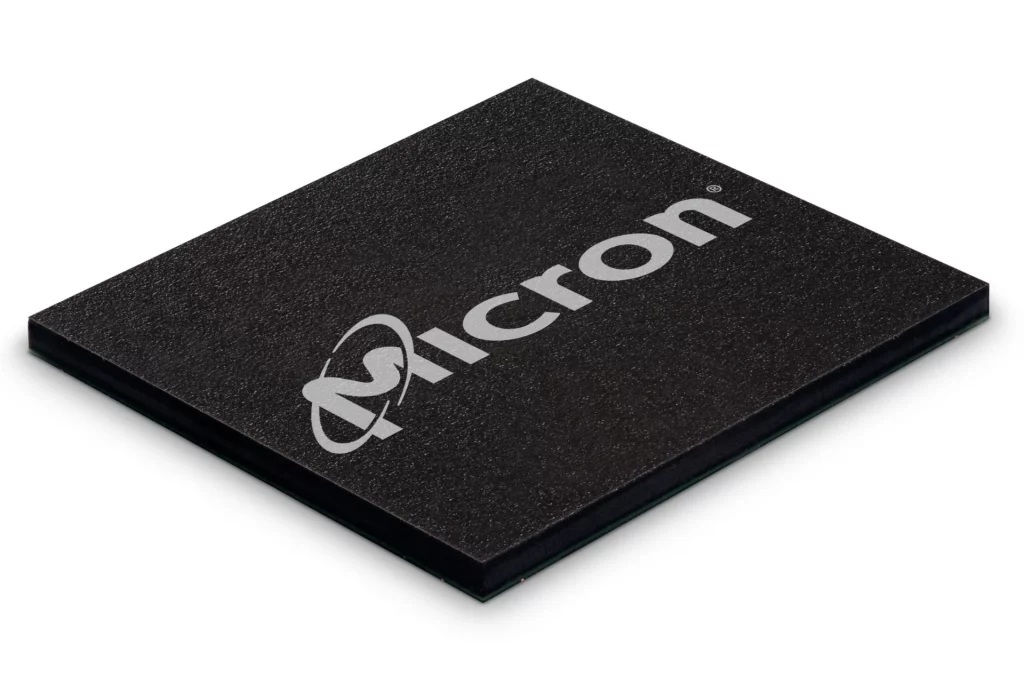The landscape of the global semiconductor industry is seeing a mix of competition and cooperation, as illustrated by the recent China International Import Expo (CIIE) in Shanghai. Amid a backdrop of heightened chip rivalry and trade tensions, particularly between the U.S. and China, this expo has become a hotspot for demonstrating commitment and technological prowess.
China’s government is pushing hard for chip self-sufficiency
At the CIIE, heavyweights like Micron, ASML, and Samsung have marked their territory, showcasing their latest advancements and securing their foothold in the Chinese market. These displays come at a time when the Chinese government is pushing hard for chip self-sufficiency, a move prompted by international trade challenges.

Interestingly, while some like Micron and Samsung are making bold appearances despite facing sales bans and restrictions, others like Nvidia have opted out, maintaining a conspicuous absence. This reflects a strategic dance where companies must balance their global market aspirations with the regulatory tightrope of international trade policies.
Micron’s presence, in particular, signals a possible thawing of tensions with Beijing, as the company deployed a significant team to the expo despite past security review setbacks. This points to the intricate relationship businesses have with politics, where economic interests often lead to softened stances and renewed dialogue.
ASML and Samsung also used the expo to assert their influence and technological edge. Samsung’s introduction of its advanced 3-nanometre chip technology contrasts with its China-based plants’ focus on more mature-node chips, highlighting the complex interplay between innovation and production strategies.
AMD‘s focus on AI solutions and its declaration of AI as a strategic priority showcases the industry’s pivot towards future technologies. However, the absence of companies like Nvidia underlines the reality that the tech industry’s future is not just about innovation but also about navigating the geopolitical chessboard.
RELATED:
- Xiaomi MIJIA Air Conditioner Natural Wind 1.5hp goes on sale in China for 2,399 yuan ($330)
- China’s Baidu Strikes a Deal with Huawei to Buy AI Chips
- Best iPhone 15 Pro cases for 2023: Dbrand, Spigen, RhinoShield & More







